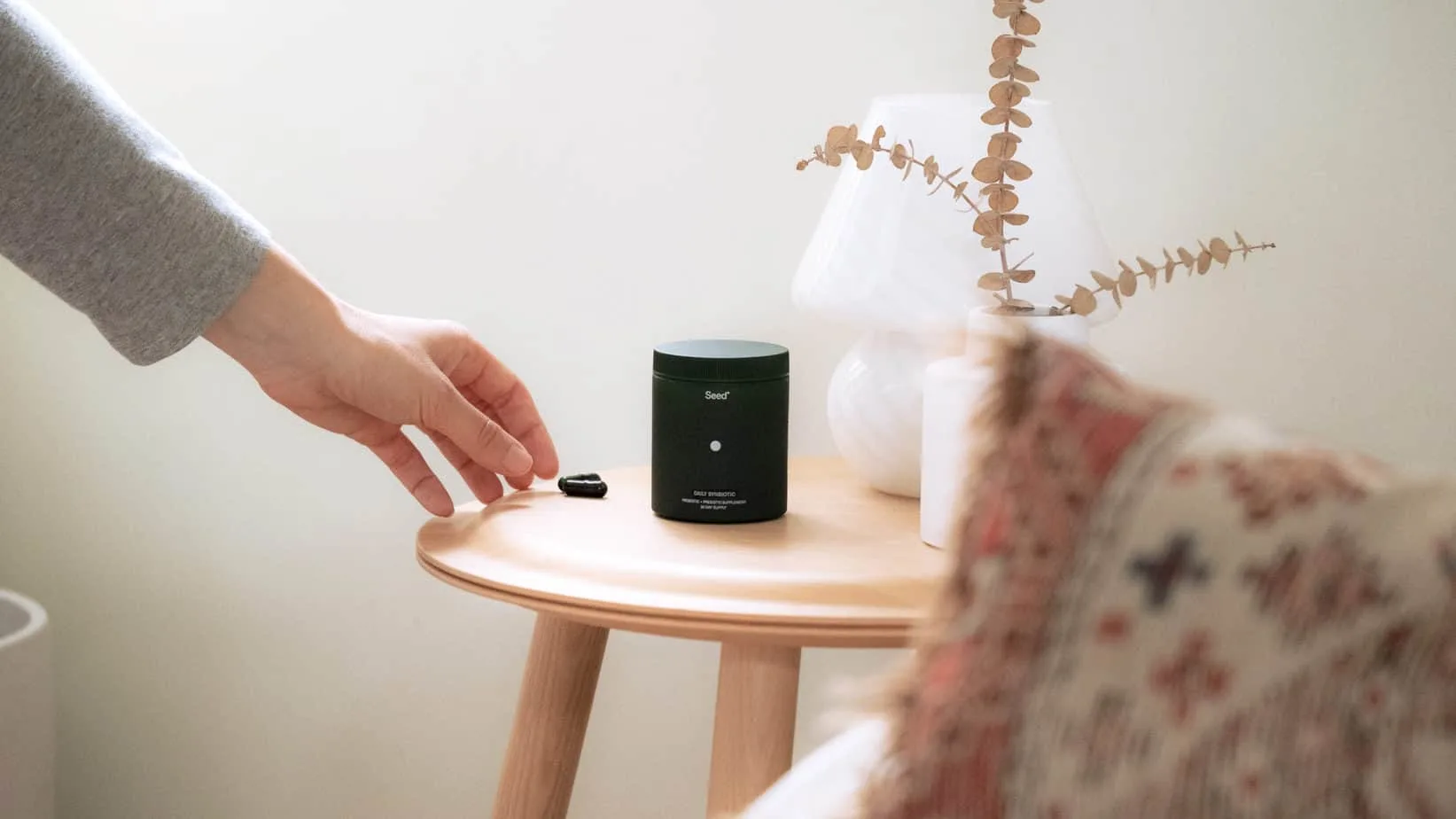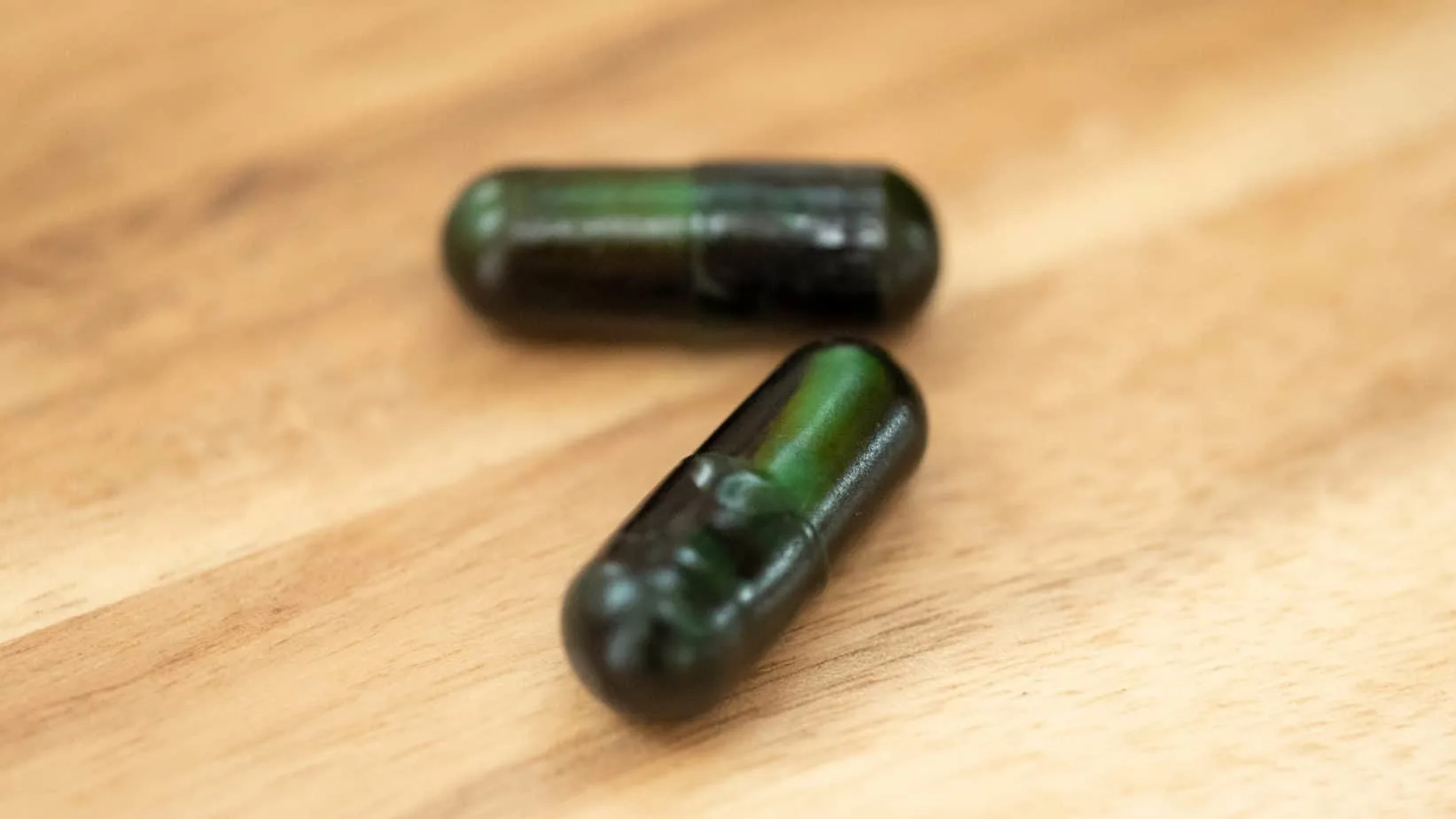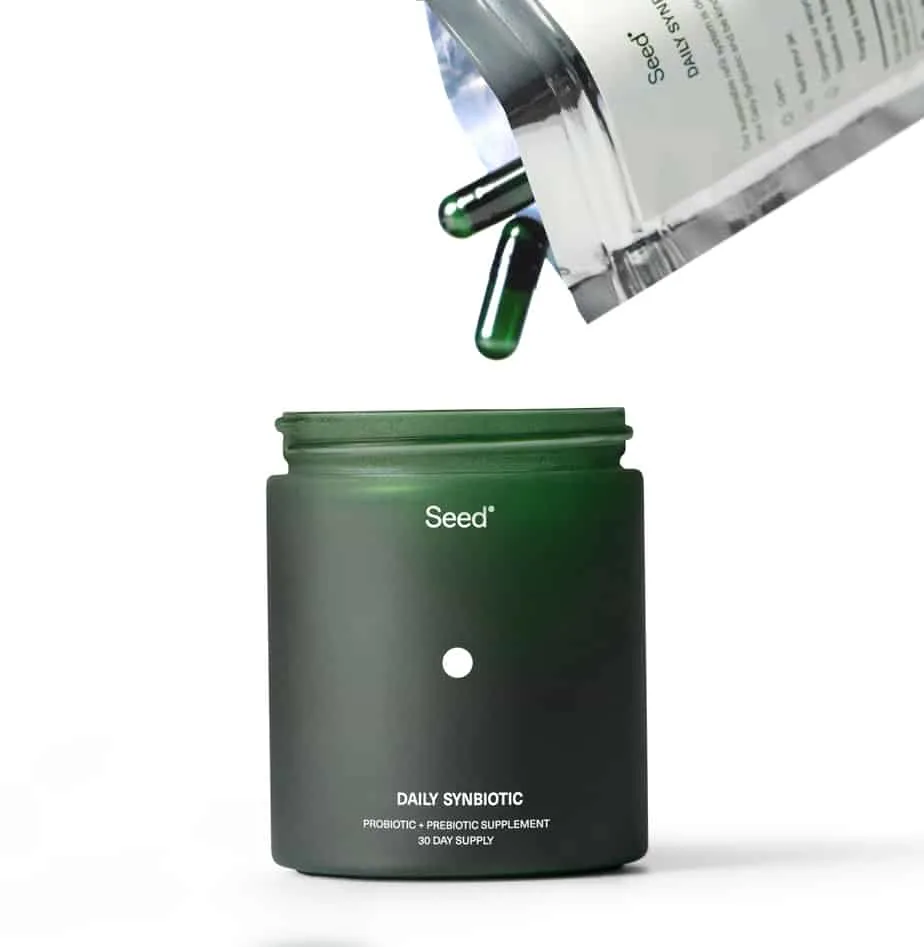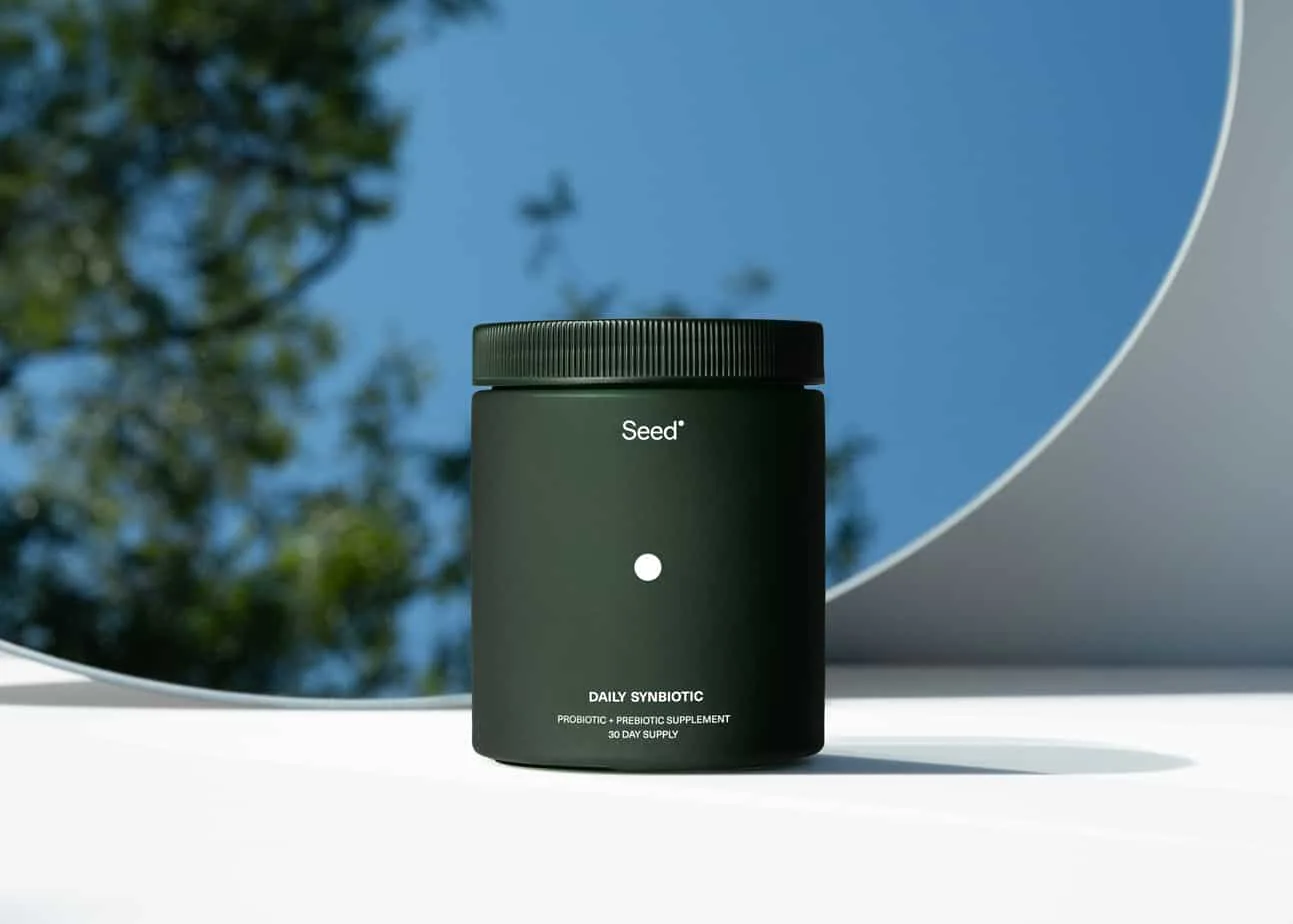Are you ready for 2025? Just like a new year inspires people to get back in shape and work on their health and wellbeing, a new decade is a super good reason to focus on YOU and find the best probiotic of 2025 for taking care of you and your body!

What is the best probiotic for 2025?
If you go to just about any store that sells vitamins and supplements, you will see a huge probiotic section. So why do I think that Seed's Daily Synbiotic is the best probiotic available? I read up on all of the benefits of Seed probiotics at @SeedUniversity, and you can, too, but here is the scoop, in short:
Seed Daily Synbiotic stands out to mebecause of:
- naturally-occurring, human strains
- strain specific human clinical studies
- non-fermenting prebiotics
- promotes folate production
- 2-in-1 nested capsule technology
- patented algae delivery system
- shelf stable and no refrigeration required
- controlled for Water Activity
- whole genome sequencing
- Tested for AFU/TFU
- demonstrated survivability through digestion
- free of excipients, binders, and agents
- highest global regulatory adherence
The Seed Daily Synbiotic delivers a range of clinically-studied, core benefits to the gastrointestinal system which, in-turn, influences systemic health. Plus, it was rated one of the three top brands on Mamavation. (The linked article breaks it ALL down for you, what you should look for in a probiotic, what makes Seed one of the top brands, and more. I guarantee that the article will have more than information for you when picking the right probiotic for you!)
All of this to say, you can take care of your gut with Seed Daily Synbiotic. I have been taking it for a few weeks and I can tell a difference in the way I feel.

What are the main benefits of Seed?
- supports digestive health
- helps maintain healthy gut barrier integrity
- supports healthy gut immune function
- increases production of short-chain fatty acids
- promotes heart health
- promotes healthy skin
- supports folate production

Listen, I did not major in science, but I trust those who have and the folks at Seed are brilliant and have laid it all out for you and me. If you turn to your favorite probiotic supplement, there is NO way that any company has as much information available to the consumer than Seed. They use big words, but also simplify it for us who want a healthy gut but didn't get a doctorate in the sciences. This is just good stuff, plain and simple.
Common myths about probiotics
1. Probiotics are only for digestion.
The gastrointestinal system is connected to everything in the body. The state of your gut affects everything from cardiovascular, dermatological, and urogenital health. Probiotics can actually have powerful effects across the entire body, far beyond your digestive tract.
2. Probiotics can be found in fermented foods and beverages like kombucha.
You might have ingested some bacteria, but do you know which strains? In what quantities? Have they survived the acidic journey through your digestive system and landed in your colon? Have those strains been studied, in those quantities, to actually do something in your body?
This is, of course, not to say that you shouldn’t eat or drink fermented foods and beverages. Many are extremely nutritious, but they are not necessarily reliable sources of beneficial, effective bacteria.
3. Probiotics don’t work unless they colonize your gut.
What scientists do know is that, as transient microbes, probiotics travel through your GI tract, interacting with your immune cells, dendritic cells, gut cells, dietary nutrients, and existing bacteria to, directly and indirectly, deliver benefits. This is why, if you choose to take a probiotic, continuous daily intake is important.
4. Probiotics need to be refrigerated to work.
While some probiotics do need to be refrigerated to preserve efficacy (especially in hotter summer months, or during transport), you shouldn’t discount a probiotic that doesn’t require refrigeration. Technological innovations like lyophilization (freeze-drying) can render probiotics ‘dormant’, meaning they remain in an inert, shelf-stable state until they reach the digestive tract and are reactivated.
The more important thing to look for is demonstrated survivability (through improved delivery technologies like Seed's algae microsphere delivery system and novel delayed-release capsule technology) , regardless of the storage conditions.
5. Probiotics with higher CFUs are always better.
The term "CFU" on a probiotic label means "colony-forming units" and that tells you how many bacteria are in the sample are capable of dividing and forming colonies. That doesn't mean anything if it hasn't been tested in humans. The best dose, per strain, is one that has been shown to deliver clinically-studied, positive outcomes in humans.
If probiotics don't survive on the shelf, let along through your digestive tract, it really doesn't matter what the CFU is, does it? AFU is a new form of measurement, meaning "Active Fluorescent Units." Through AFU, we are able to calculate a more precise measurement of all viable probiotic cells.
6. Probiotics are all the same.
False. There are so many strains and types of probiotics, it just isn't true that they are all the same.
7. Probiotics need to be “personalized”.
In 2007, the National Institute of Health spearheaded a Human Microbiome Project, with the goal of characterizing the human microbiome.The project encompassed five years of research and over 200 scientists. In 2012, they concluded that there is no universally healthy microbiome—it’s more important what your bacteria are doing, rather than who they are.
Scientifically-studied probiotics today take a different approach, looking at specific strains of beneficial bacteria which have a health benefit in humans independent of someone’s starting microbiome.
Seed’s Daily Synbiotic is comprised of 24 select bacterial strains that have been clinically and scientifically studied—meant for humans ages 18+.
Check it out here and see for yourself.

Your microbiome weighs 3-5 pounds.
(That's about the same as your brain, by the way.) That is enough to make me realize that I need to treat my microbiome with care and Seed vows to do just that. Like I said, they have figured out how to package the best probiotic and prebiotic, so we do not have to wade through all of the information to find it. Seed is it!
Start 2025 off with a healthier gut and see what Seed can do for you!

